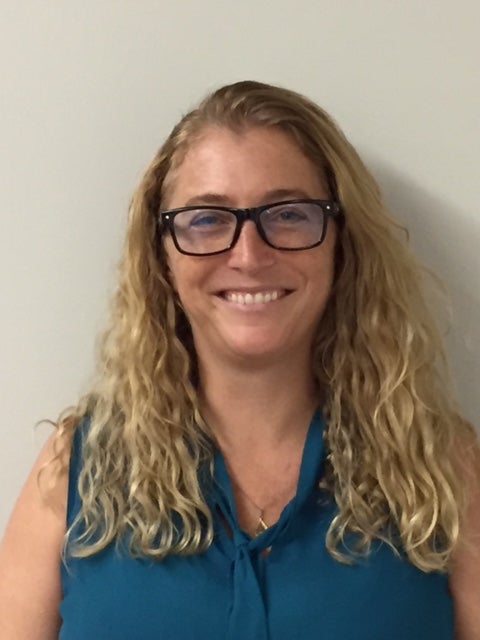
Carol Foye was an English Language Fellow in Tel Aviv and Beer Sheva from 2007 to 2008. During her fellowship, she worked with eleven public schools in the Amal School Network in the villages and cities surrounding Beer Sheva. “Over time, I became a welcome and active member in the school communities. My host institution wanted me to have contact with as many students, teachers, and administrators as possible. I accomplished this through a variety of events, workshops, courses, professional development opportunities, and classroom interactions. I worked to create relationships and community while teaching English and fostering English education in order to leave a sustainable and lasting impact on my community.”

Working with so many schools and people in Israel was a huge learning experience for Foye. “I was able to do larger projects that provided interventions and support to a larger number of students and teachers. Indeed, I had always been looking to have this level of impact. By the end of that year, I had a clear picture of systematic ways in which I could work in the region. Through creating programs for teacher training and teacher language development, I was able to have a significant impact in each of the schools. In the end, the network and plan I created established ties that continue to be strong and dynamic today.”

One of Foye’s most important contributions as a Fellow was providing opportunities and training for the teaching community she worked with in Israel. “I developed and ran teacher-training courses, which connected U.S. Embassy staff, local teachers and administrators, and the local community. Specifically, the teacher training I conducted formed a close-knit group that is still in touch. Members of those courses have gone on to obtain PhDs in the U.S., become teacher trainers themselves, hold important roles in their local communities, participate in Office of English Language Programs events for teachers, and, most importantly, provide excellent English-language education. I used my position as a Fellow to break down stereotypes, help teachers and students meet individual goals, and further English-language education in the communities in which I worked.”

While training teachers, Foye also created the opportunity for cultural and educational exchange between Israel and the United States. She connected two Wisconsin programs for students who have experienced difficulties in traditional educational settings with teachers and administrators from high schools in Tel Sheva for an online teleconference discussion. “For many it was a first experience in video conferencing. The schools described their programs to each other through the online connection. By doing so, they found similarities between their student populations and discussed strategies for coping with issues of discipline, including different levels of verbal and physical violence. Moreover, the teachers and administrators enlarged their communities and knowledge bases by connecting with people in similar professions across a great distance.”

Foye is now working with a dozen K-12 schools in Manatee County, Florida as an English to Speakers of Other Languages (ESOL) Specialist. The lessons she learned and the skills she developed as a Fellow helped lead her to Florida, where she’s doing similarly impactful work. “What I learned in my fellowship allowed me to move into new paths in my career. Teachers have the same role and struggles in every country. In both positions, I utilized the depth and breadth of my education and experience. The two student groups [in Israel and Florida] are similar in that they are surrounded by more affluent communities, which amplifies the perception that they have limited resources and opportunities in comparison. Both populations struggle with standardized testing and graduation requirements. My goal in both situations is to make sure that my students are able to live up to their potential and be full participants in their communities, as well as to support teachers pursuing this same goal.”

